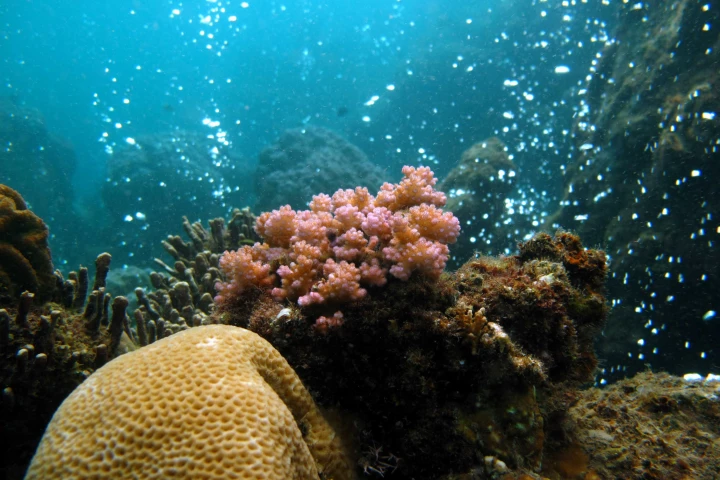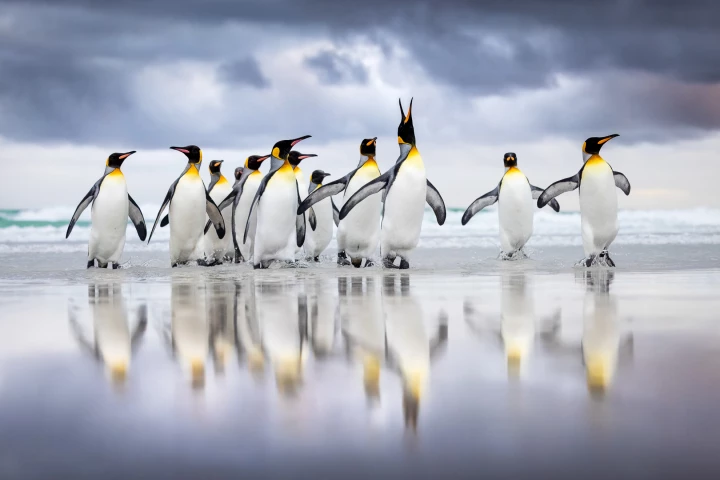Environment
-
For more than a century, biologists assumed that the bony plates found in the skin of lizards – nature's chain mail – were an ancient feature that some lineages inherited and others later lost. But new evidence suggests this is entirely wrong.
-
Human-woven "beaver dams" do more than store water. They help waterways recover from climate alteration, lower water temperatures, enhance flood plain connections prevent wildfire spread, and generate increased biodiversity.
-
Archeologists say they have solved the 6,000-year-old mystery of Armenia’s “dragon stones" – massive carved monoliths scattered across high-altitude slopes and pastures where no ancient settlements ever existed. It's a story of worship and water.
-
On a remote reef, endless streams of bubbles rise from cracks in the seabed into the shallow water, fed by an underground volcanic system. For scientists, this phenomenon has become a kind of crystal ball, revealing the changes that await marine life.
-
MIT researchers have found a way to use the mechanical vibrations of sound waves to shake water molecules free from a storage medium. The breakthrough significantly speeds up the process of harvesting drinking water from thin air.
-
Cockroach infestations can worsen allergies and asthma in children, especially in low-income urban homes. Now researchers are better understanding why after discovering bacteria in their guts can release harmful substances called endotoxins into the air.
-
Antarctica's ice cores are like frozen diaries of Earth's past. Most continuous records go back about 800,000 years. But in a region called the Allan Hills, a special patch of blue ice holds reveals snapshots dating back as far as 6 million years.
-
In a world looking to reduce carbon emissions, there are growing calls to look back to trains. Not as a nostalgic nod to the past, but as a cornerstone of climate strategy. Rail isn’t only about efficiency, but also equity and reconnecting rural regions.
-
This year’s Bird Photographer of the Year competition attracted more than 33,000 entries from across the globe, which ultimately delivered a 2025 winners’ list that captures the beauty, drama and diversity of winged wildlife at its best.
-
Later this month, German water sports enthusiast and environmental activist Michael Walther will attempt to cross the Atlantic Ocean on an SUP. If he succeeds, he will be only the second person to ever do so.
-
More than a third of large animals that feast on dead animals are struggling to survive, and a new report from scientists warns that their downfall could present a serious risk to human life, with an uptick in zoonotic disease spread as a result.
-
There are plenty of ways to suck water out of the air, whether you need a little or a lot. MIT researchers may have just hit upon one of the best ways to do it, with a new device that doesn't need power, or even a filter, to deliver drinking water.
Load More











